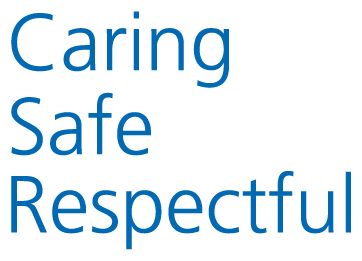Who are NHS speech and language therapists (SLTs)?
Speech and language therapists in the NHS work with children and young people and their families who have speech, language and communication needs. We may also help children who have eating and drinking difficulties. We also work with other professionals involved in their care.
We help children who have:
• Difficulty understanding language
• Difficulty using language
• Difficulty producing sounds
• Difficulty with social communication and interaction
• A stammer.
• provide clinically appropriate treatment to meet the current needs of children and their parents or carers;
• support children and their family to use strategies at home;
• train parents, carers, teachers and other professionals to use strategies and carry out supporting activities – this might be individually in person, or via our workshops;
• provide early intervention and advice;
• make developing speech, language, communication fun and everyone’s responsibility.
We see children for “episodes of care”.
We will assess the child to build up a picture of their skills. We do this by talking to parents/carers and using books, pictures, toys andgames.
We then decide what help the child needs.
We will put in place some activities and advice to help the child. If necessary we will show the people involved with the child (parents / carers / school or nursery staff) how to complete these activities and advice.
We will discharge the child when everyone knows how to follow the advice and support the child in all environments.
At discharge we will tell you if and when you need to come back and see us again for another “episode of care”.
As speech and language therapists in the NHS we work closely with other agencies and professionals to help children reach their communication potential. People we work with include doctors, teachers and other educational staff, psychologists, physiotherapists and occupational therapists, dieticians, school nurses, health visitors and social workers just to name a few.
We work in a variety of settings including:
• community clinics
• schools and early years settings
• nursery, family centres and homes
• hospital.
If you need a new referral to NHS Speech and Language Therapy, you can complete a referral using our online referral form.
It might be helpful for you to ask your child’s teacher / health visitor or other professionals to help you complete the form so that we get as much information as possible about the help your child might need.
Information for parents, carers and other professionals about different types of communication needs and local SEND services:
• NHS speech and language therapy
• Royal College of Speech and Language Therapists
• Speech and Language UK
• STAMMA
• Michael Palin Centre for Stammering
• Afasic (Info about communicationneeds)
• Tiny Happy People
• Makaton (info about Makaton signs)
• The Hanen Centre
• Blackpool Local Offer for SEND
• Lancashire Local Offer for SEND



